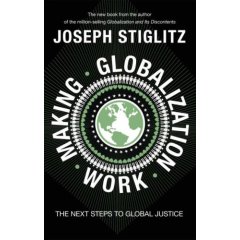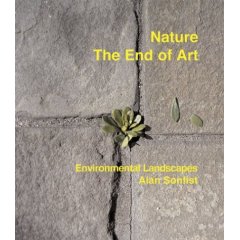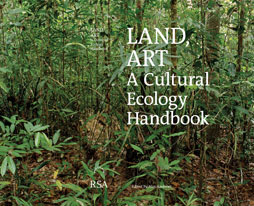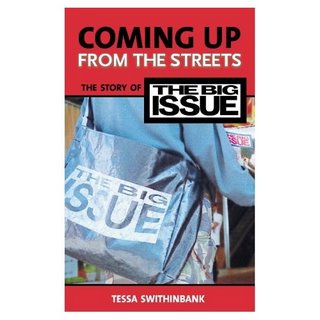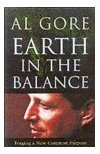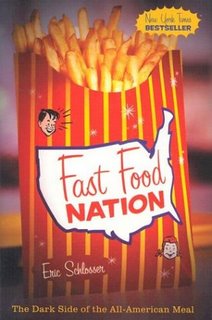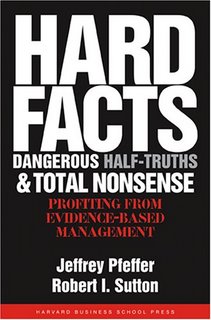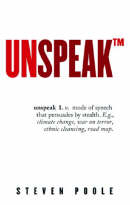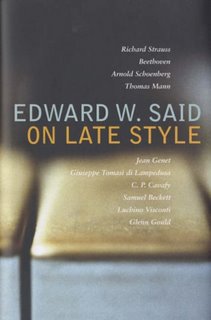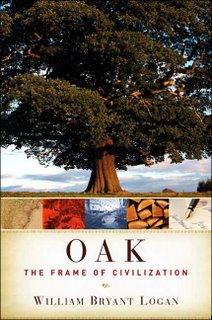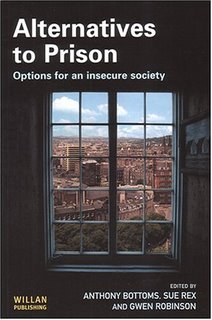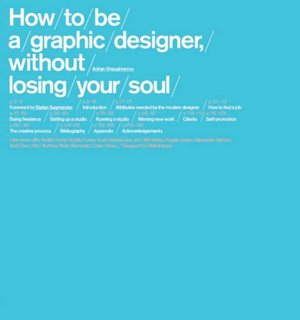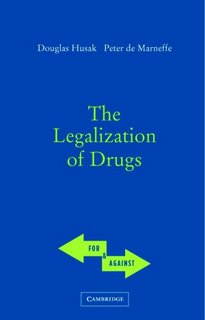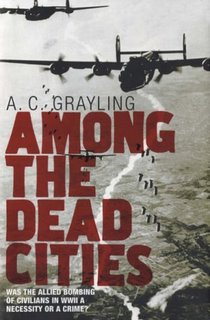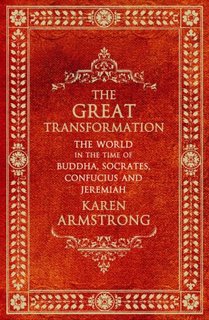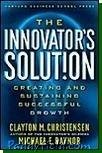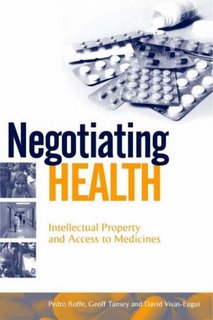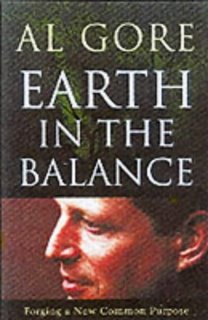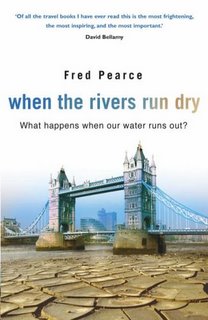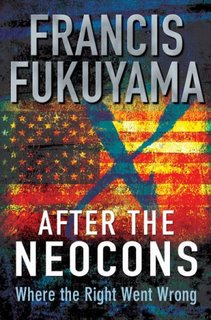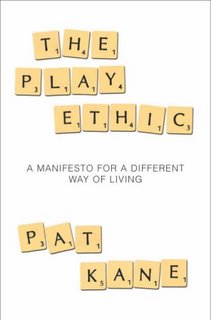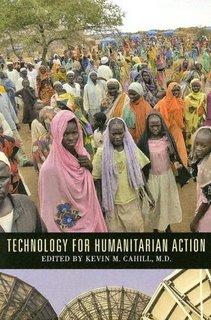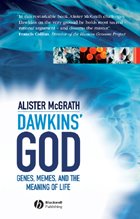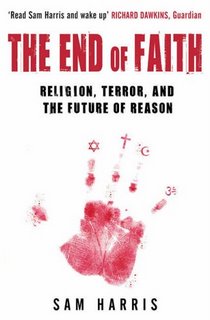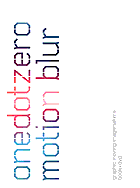 Onedotzero
Onedotzero is a state of the art annual digital creativity festival and digital production company. Now in it's tenth year, the festival
Onedotzero_10 is currently running at the
Institute of Contemporary Arts(ICA) in London until June 11 2006, and involves screenings, features, exhibitions, live av performances, club nights, presentations and panel discussions from internationally acclaimed artists and creatives.
A selection of short films on show at the festival are available to view online through the
BBC Film Network. For more background, take a look at an
interview with Shane Walter director of Onedotzero in
Digit Magazine. The films featured in the festival lineup are full of substance as well as style - the schedule includes a cartoon look at stem cell research and young director Jes Benstock employs animation to examine the dark industry of tourism that has grown up around the Holocaust. Similarly, the Japanese programme features hi-tech horror Jinniku No Umarekawar [Rebirth Of Human Meat] using contemporary anime to ponder Oriental philosophy. So, rather than undermining the art of storytelling, Walter insists, "it's just about telling stories in a different way."
"
Motion blur" the latest book and accompanying DVD publication from Onedotzero is available to borrow from the RSA library. It charts the rapid developement of the moving image over the last decade and features the work of numerous film makers and audio visual experts associated with the Onedotzero project,
For a quick taste, here's a link to the short advert version of
Tim Hope's incredibly imaginative contribution,
The Wolfman, which is also featured in detail (and full length) in another RSA Library book and DVD :
Animation unlimited: innovative short films since 1940.
Shane RJ Walter and Matt Hanson.
Motion blur: onedotzero - graphic moving imagemakers.
Laurence King, 2005. 778.53 WAL
Liz faber and Helen Walters.
Animation unlimited: innovative short films since 1940. Laurence King, 2006. 791.433 FABAvailable to borrow by RSA Fellows - contact the Library for details. Ask about our Freepost service.



